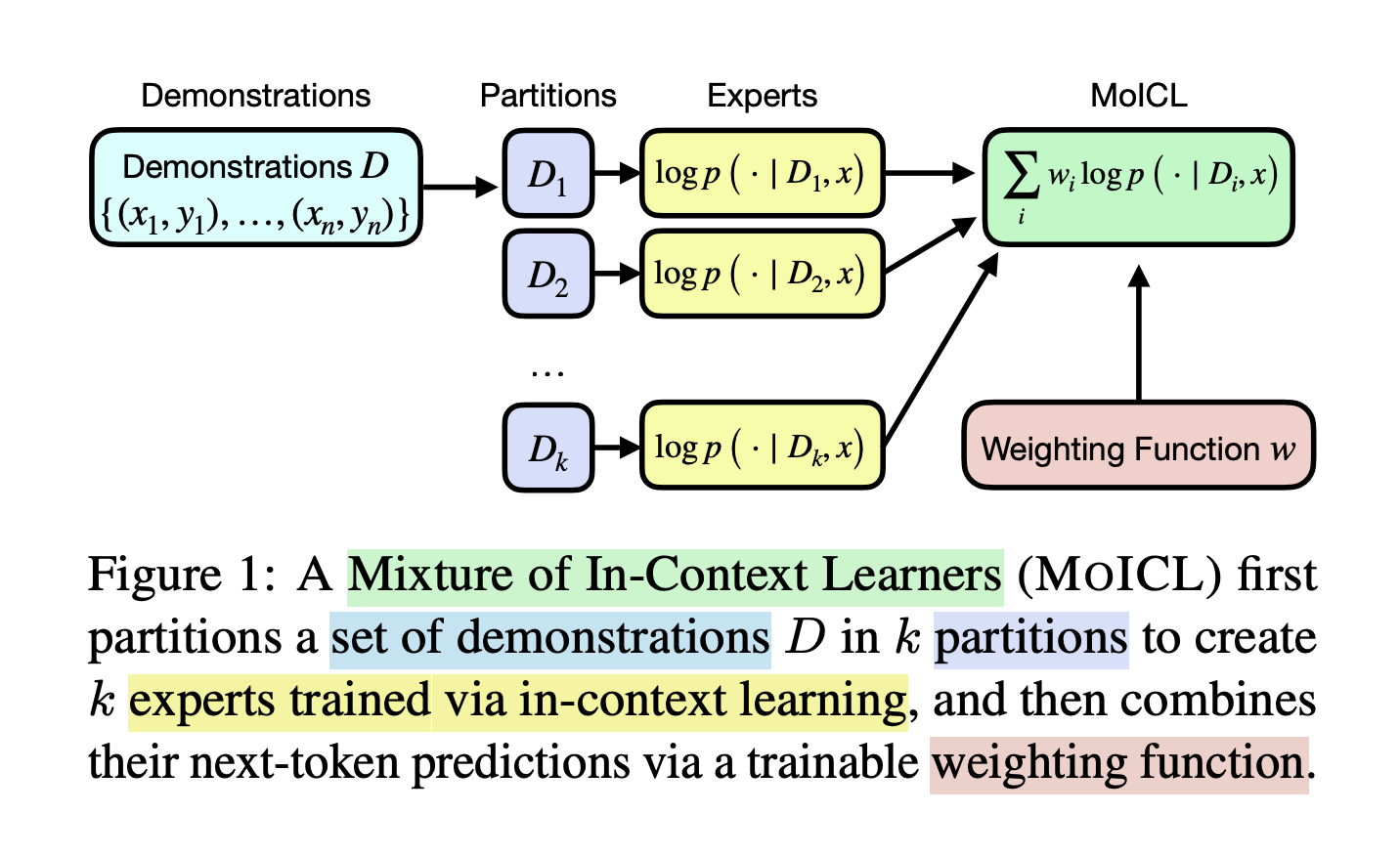
Understanding In-Context Learning (ICL) and Its Challenges
Natural language processing (NLP) is advancing rapidly with methods like in-context learning (ICL). ICL enhances large language models (LLMs) by using examples to guide learning without changing the model itself. This approach is quick for training LLMs on various tasks.
However, ICL can be resource-heavy, especially in models like Transformers. As you add more examples, the need for memory and computational power increases, which can affect performance. Optimizing how demonstrations are used in ICL is now a key research area.
Challenges with Traditional ICL Methods
ICL aims to use demonstration data effectively while conserving resources. Traditional methods, known as concat-based ICL, combine all examples into one sequence. This often leads to:
- Reduced performance due to varying example quality.
- Problems managing large datasets, potentially including irrelevant data.
This inefficiency can increase training costs and reduce accuracy. Selecting relevant demonstrations while managing memory effectively remains a major challenge.
Introducing Mixtures of In-Context Learners (MoICL)
Researchers from the University of Edinburgh and Miniml.AI have developed MoICL, a new method that improves how demonstrations are handled. Key features include:
- Expert Subsets: Demonstrations are divided into smaller groups called “experts,” each processing a portion of the data.
- Dynamic Weighting: A function merges outputs from these experts based on the task, optimizing memory use.
MoICL allows for more adaptable and scalable in-context learning, resulting in better performance compared to traditional methods.
How MoICL Works
The core of MoICL is its dynamic weighting function, which combines predictions from expert subsets. Researchers can choose between two options:
- Scalar Weights: Equal initial contributions from each expert, adjusted during training.
- Hyper-Network: Generates weights based on context for better results.
This adaptability makes MoICL effective for various NLP tasks and helps reduce computational costs by focusing on relevant information.
Performance Improvements with MoICL
In tests, MoICL consistently outperformed standard ICL methods:
- Achieved up to 13% higher accuracy on datasets like TweetEval.
- Improved robustness against noisy data by 38%.
- Enhanced handling of label imbalances by 49%.
- Showed 11% better performance with out-of-domain data.
MoICL maintains stable performance even with challenging datasets, proving its efficiency in memory and processing time.
Key Takeaways
- Performance Gains: Up to 13% accuracy improvement on classification tasks.
- Noise and Imbalance Resilience: Robustness to noisy data and imbalanced labels.
- Efficient Computation: Faster processing without sacrificing accuracy.
- Generalizability: Adapts well to different model types and tasks.
- Out-of-Domain Handling: Better management of unexpected data variations.
Conclusion
MoICL presents a major advancement in ICL by addressing memory limitations and consistently improving performance. By utilizing expert subsets and dynamic weighting, it effectively enhances demonstration selection and accuracy across diverse datasets.
Check out the research paper for more details. Follow us on Twitter, join our Telegram Channel, and connect with our LinkedIn Group. Don’t miss our newsletter and join our 55k+ ML SubReddit.
Explore AI Solutions for Business Growth
To keep your company competitive, consider adopting Mixtures of In-Context Learners. Here are some steps to integrate AI effectively:
- Identify Automation Opportunities: Locate areas in customer interactions that can be improved with AI.
- Define KPIs: Ensure AI initiatives have measurable impacts on your business.
- Select AI Solutions: Choose tools that fit your needs and offer customization.
- Implement Gradually: Start with a pilot project, gather data, and scale up cautiously.
For AI KPI management advice, contact us at hello@itinai.com. Stay updated on leveraging AI through our Telegram and Twitter channels.
Discover how AI can transform your sales processes and customer engagement at itinai.com.
























